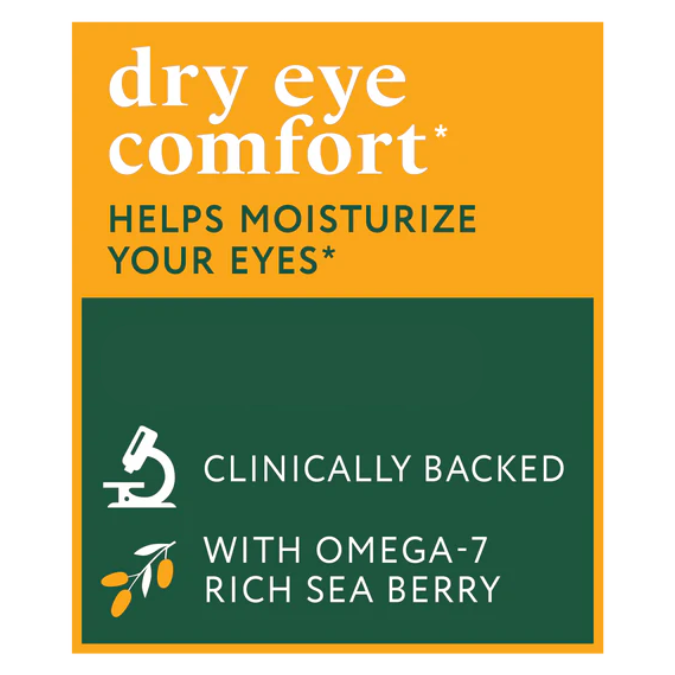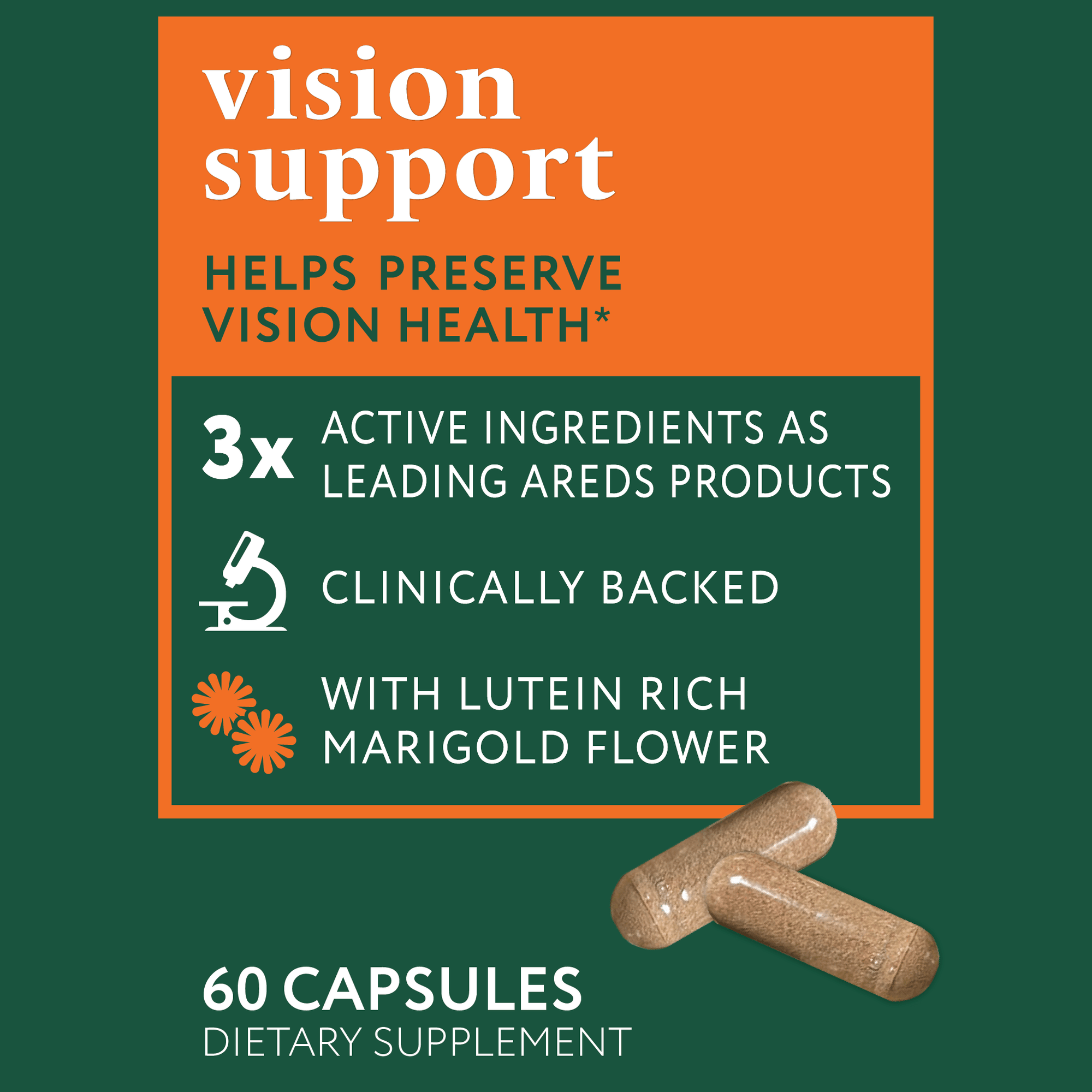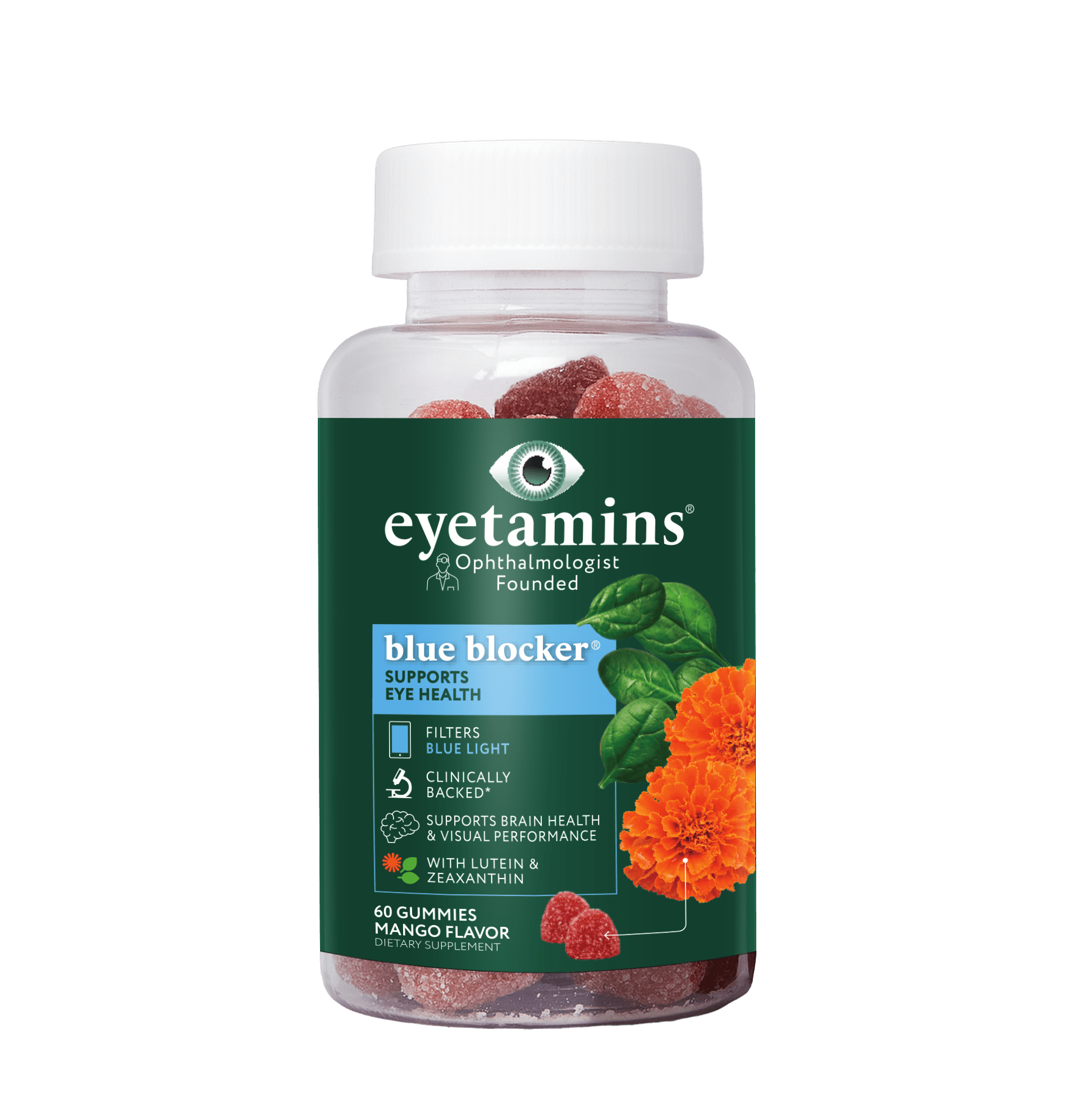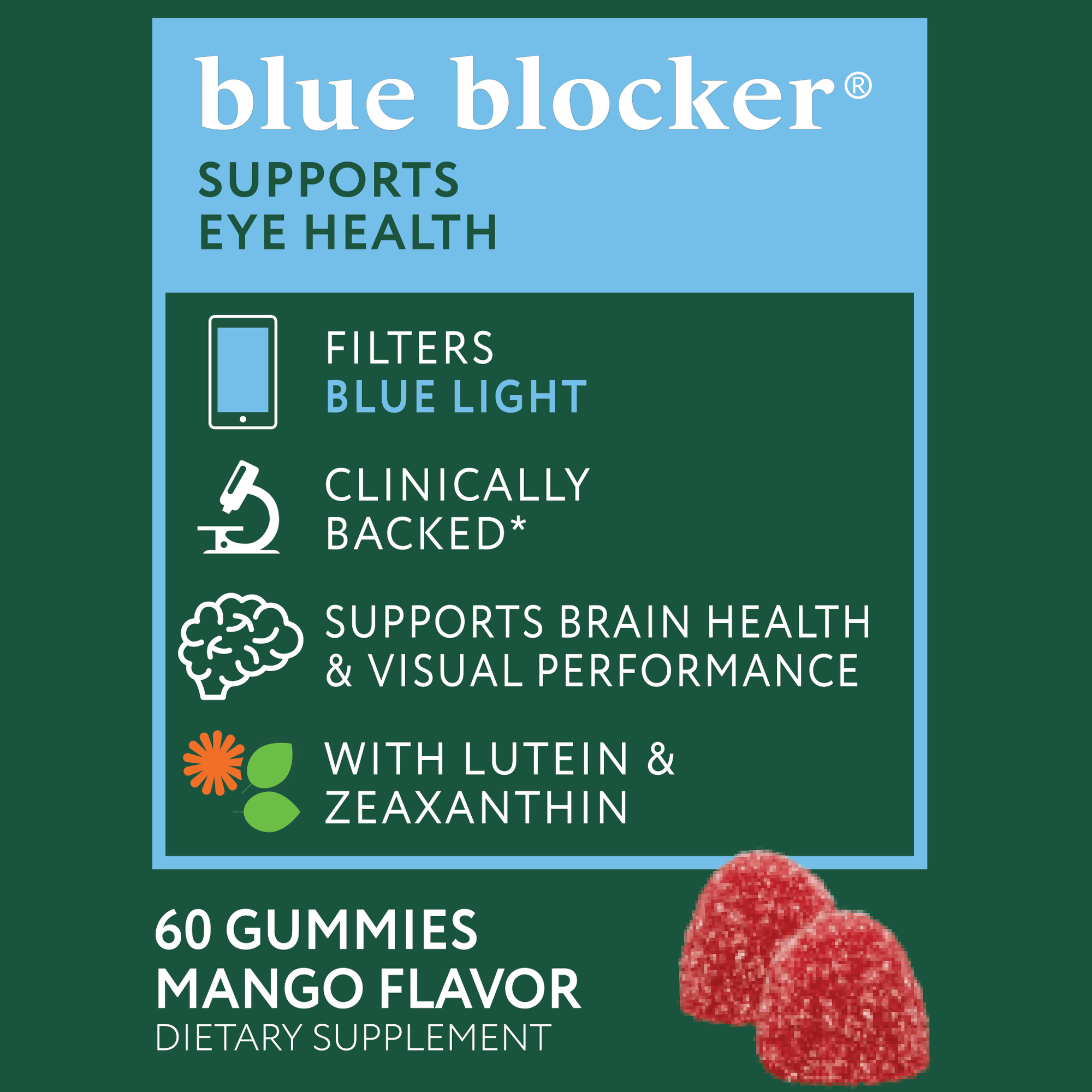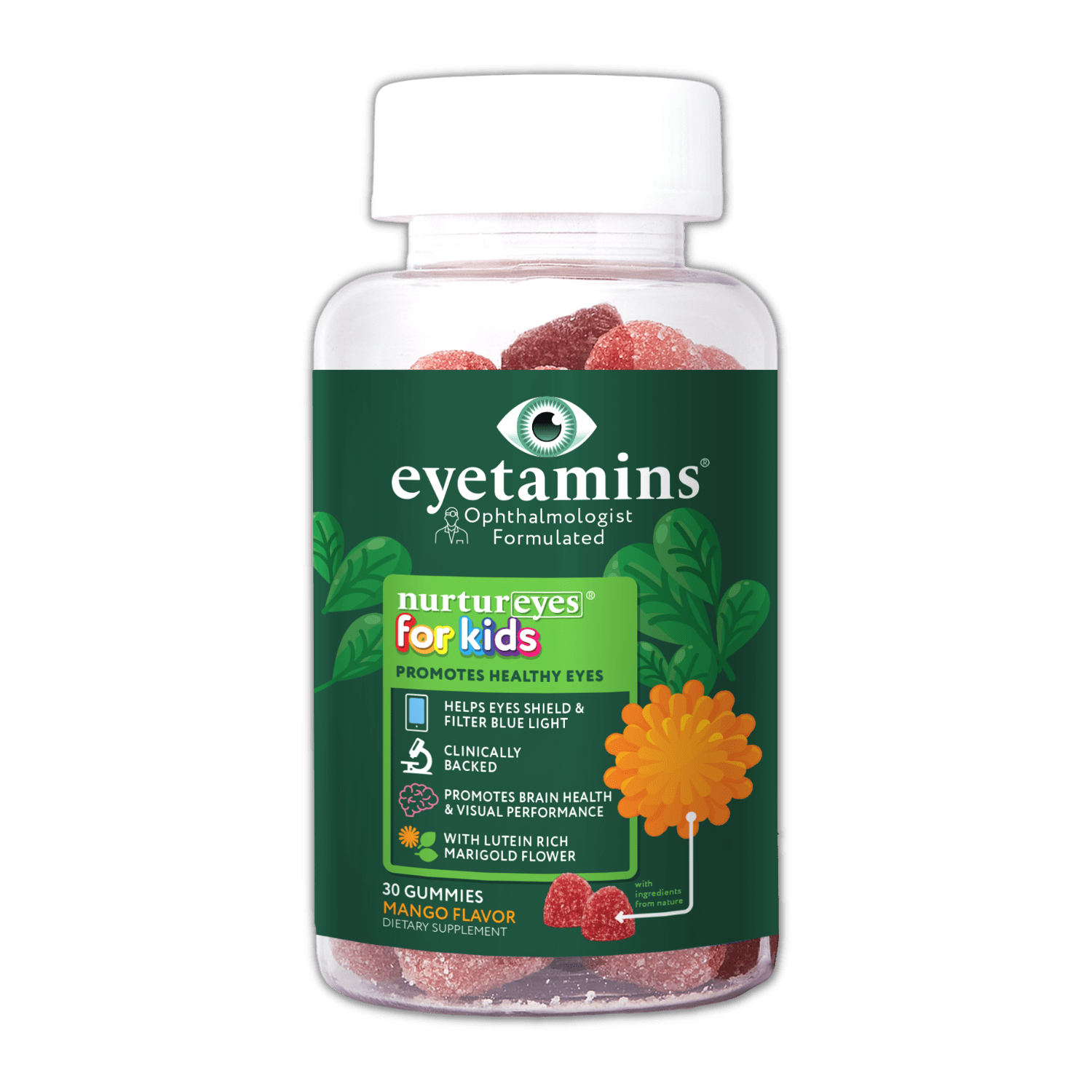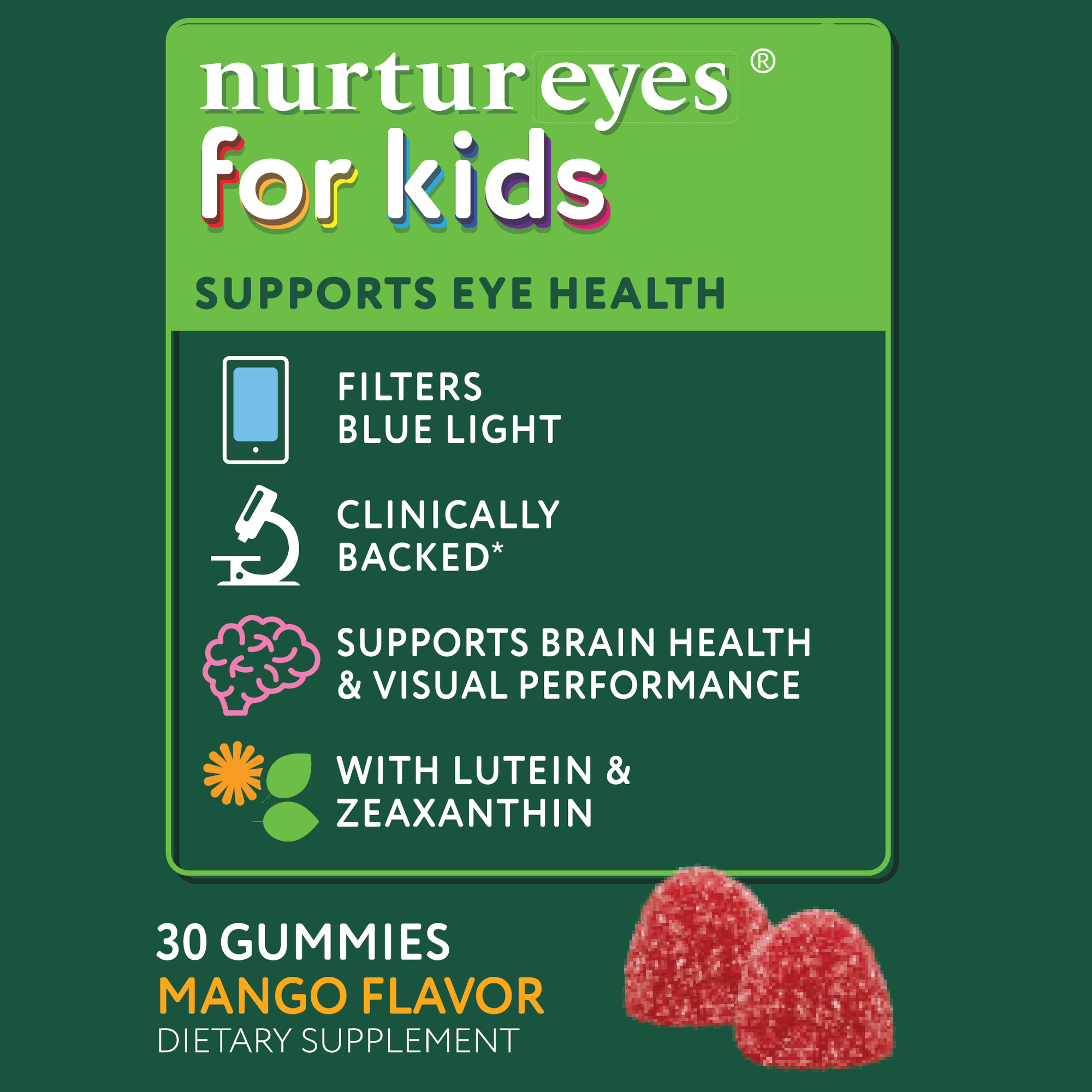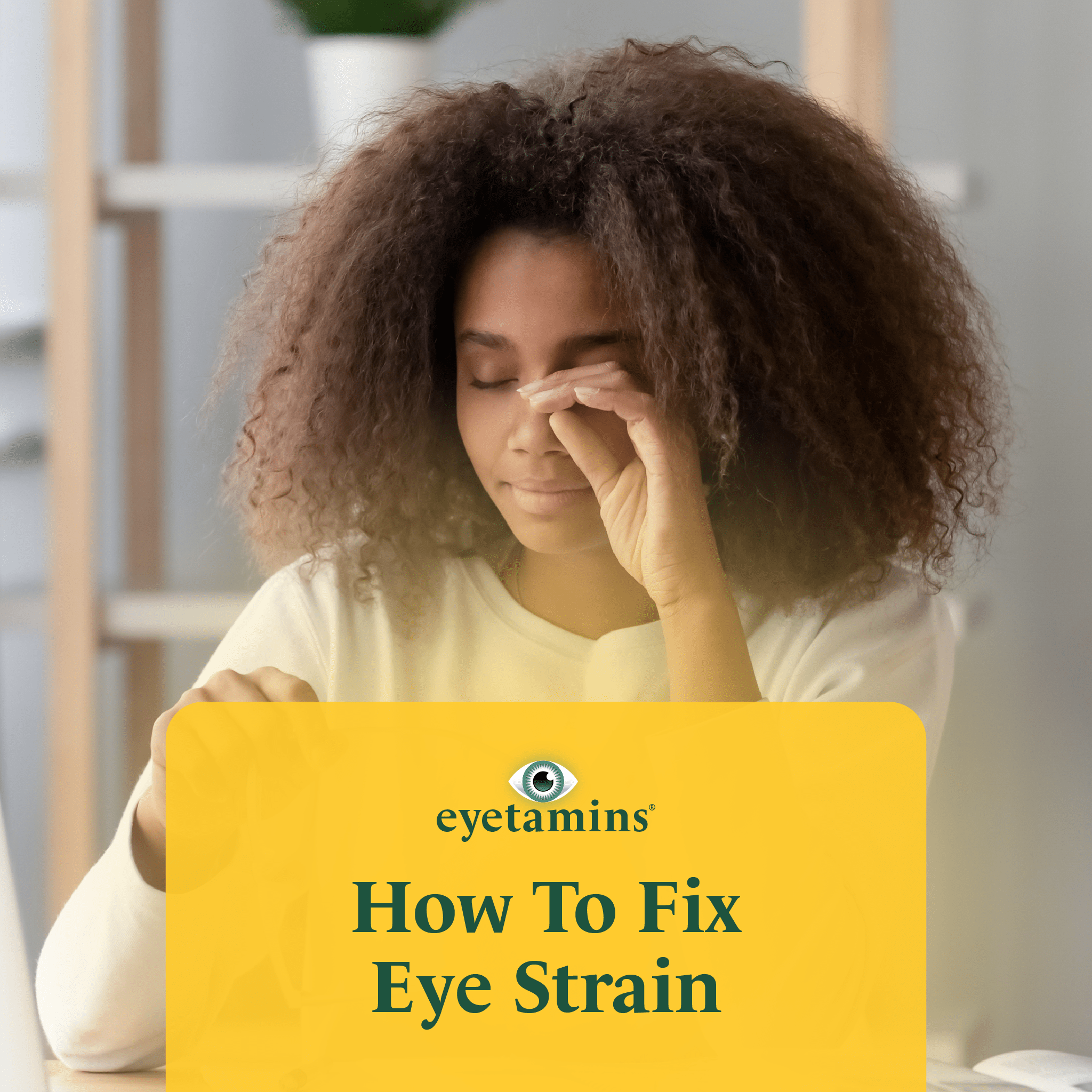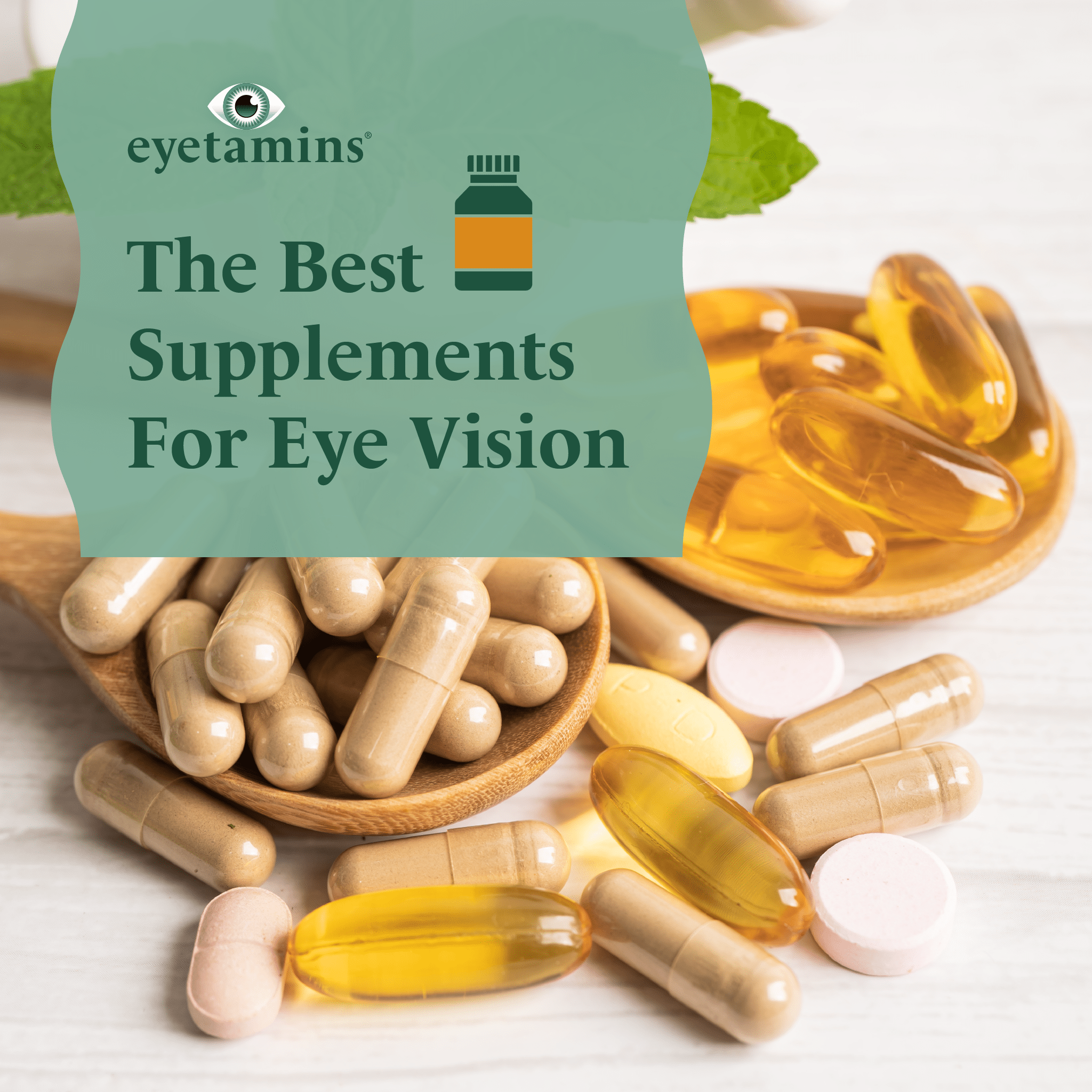· By Dr. Kaushal M. Kulkarni, M.D.
How Does Blue Light Affect Your Sleep
The day is done, the kids are asleep, and your favorite show is on in 10. You reach for your cell phone to scroll social media, or open your laptop to get a head start on tomorrow’s tasks. Hours later, you’re lying in bed, staring at the ceiling, still wide awake.
Sound familiar?
Blue light exposure – like that which shines from the screens of your favorite electronic devices – can wreak havoc on your ability to fall and stay asleep. In this article, we take a closer look at what exactly is blue light, how your brain responds to blue light, and how blue light can keep you up at night.

What is Blue Light?
No matter where you are or what you are doing, you are surrounded by electromagnetic energy traveling through and around you in waves. Though most of these waves are invisible, some are able to be seen by the human eye. These visible waves are called visible light. Each color on the visible light spectrum (red, orange, yellow, green, cyan, blue, and violet) has its own length and energy level, with blue light being the shortest but most energetic.
In fact, when it comes to energy levels, blue light is nearly as powerful as ultraviolet (UV) waves, which medical professionals and scientific researchers have warned can cause damage to the skin and eyes.
But this does not mean that all blue light is bad. Sunlight, for example, is one form of blue light that positively affects our bodies. We need sunlight to regulate our sleep cycles, develop our eyes and vision, and boost our moods. The most harmful forms of blue light come from artificial sources and include:
- LEDs
- Tablet screens
- Smartphone screens
- Computer monitors
- Fluorescent light bulbs
Though some research still needs to be done, many eye doctors and other medical professionals have been warning against long-term exposure to artificial sources of blue light. These artificial sources can disrupt the all-important sleep cycle.
How Does Blue Light Affect Your Brain?
As previously mentioned, sunlight is a form of blue light that elevates your mood and regulates your circadian clocks. When exposed to the bright light of the sun, your brain knows that it is time to be awake. When sunlight is absent, your brain knows it is time to go to sleep. This occurs because of a hormone called melatonin.
When you expose your brain to other forms of blue light – namely, the blue light from your televisions, tablets, computers, and phones – your brain mistakes the light for sunlight, and the time as a time to be awake. Exposure to blue light for more than a few minutes triggers the brain to suppress its production and secretion of melatonin, thereby making you feel more awake.
How Does Blue Light Affect Your Sleep?
The effects of blue light on your sleep can feel brutal and take a long time to fix. Repeated use of devices, and repeated exposure to blue light right before bedtime can greatly throw off your internal clock and make it harder to fall asleep for a good night’s rest.
Studies have shown that a thrown-off circadian rhythm has an effect on the rest of the body’s systems as well. In addition to increased risks of excessive daytime sleepiness and out-of-control insomnia, a thrown-off circadian rhythm:
- slows down metabolism and leads to weight gain
- can spur psychiatric illnesses like depression and bipolar disorder
- affects the immune system to the point of slowed-down DNA repair
- has been linked to some neurodegenerative diseases like dementia
How to Reduce Blue Light Exposure at Night
Reducing blue light exposure at night should be a priority, if not for the sake of your eyes, then for the sake of better sleep and your overall health. Because giving up your cell phone, computer, and television probably isn’t a realistic solution, here are some useful tips for avoiding harmful blue light in the hours right before bed.
1. Cut Back on Screen Time
Nine out of 10 Americans admit they check their phone or another electronic device in the few minutes before bedtime. Furthermore, the average person spends seven hours per day staring at a screen. Cutting back on screen time, especially during the two hours right before bed, can go a long way in reclaiming a proper circadian rhythm. Instead of streaming a new show, scrolling social media, or texting your friend right before bed, pick up a book or spend some time journaling. This will signal to your brain that it is time to prepare for a good night’s sleep.
2. Eyetamins
Perhaps the easiest way to reduce your blue light exposure is to introduce into your daily routine a blue-light blocking vitamin such as Blue Blocker by Eyetamins. Scientifically formulated based on clinical studies, Blue Blocker provides your eyes with the nutrients they need to filter blue light more efficiently.
3. Dim the Brightness
If you must be on a screen in the hours before bed, then dimming the brightness, or turning on night mode, can help. On your smart phone or computer, simply use the settings to lower the amount of light being emitted from the screen. If your e-reader has a backlight, either dim it or replace it with one of the many e-reader models that do not emit light. If your bedroom LED lights can be dimmed, lower them as you start the process of getting ready for bed. You get the idea. Bright light signals to your brain that it is time to be awake, so deprive your brain of that bright light.
4. Wear Blue Light-Blocking Glasses
Eyeglasses that block blue light are a great thing to wear if you find yourself working into the night on your computer, or watching your favorite show after the kids go to bed. They work by filtering the amount of light that reaches your eyes (and by extension, your brain), and are widely available. Many users report brown- or amber-tinted lenses to be most effective.
5. Utilize Blue-Light Filtering Apps
If glasses aren’t your thing, then consider installing one of the many blue light-filtering apps you can find for your phone, laptop, desktop, or tablet. These innovative apps filter blue light without distorting the images on the screen.
6. Switch Out Your Bedside Lightbulb
LEDs may be all the rage, but if your circadian rhythm is feeling less than rhythmic, it could be beneficial to switch out the lightbulbs on your bedside lamps and throughout your bedroom. Incandescent bulbs emit the least blue light, but they are being phased out due to their high energy use. Fluorescent bulbs still give off blue light, but far less so than LEDs.
People Also Ask
1. Are there any benefits to blue light?
Blue light isn’t all bad. Exposure to certain types of blue light works to elevate your mood and regulate your body’s natural wake-sleep-wake cycle. In fact, every day, we get an enormous amount of blue light from the sun - much more than we are exposed to from digital screens. Blue light also helps to boost your memory and cognitive function.
2. How long before bed should I avoid blue light?
Blue light stimulates your brain, so it’s best to avoid any screen time starting about two to three hours before bed. If working on a computer screen is unavoidable during the hours right before bedtime, then consider using glasses that block blue light, or installing an app that filters the blue wavelength.
3. Can LED lights affect sleep?
LEDs emit artificial light, and any artificial light can negatively affect normal sleep patterns.
4. Does blue light mess with melatonin?
All colors of light affect your natural circadian rhythm – that is, your wake-sleep-wake cycle – in some way, though none more so than blue light. Blue light is especially harmful when it comes to sleep because it blocks your body from creating melatonin, the hormone that makes you feel tired.
Conclusion
Our smartphones, tablets, computers, and televisions play important roles in your everyday life, but spending too much time staring at a screen is a great way to invite insomnia, daytime exhaustion, and mental health issues into your life, too. This is because the blue light emitted from screens tricks your brain into slowing or stopping the production of melatonin – that is, the important hormone that is responsible for making you feel sleepy.
Though the best way to keep sleep problems at bay and ensure your body block is working as it should is to put your screens away in the two hours before bedtime, there are a few other things you can do to reduce your exposure to blue light, especially at night. These include adding a blue light-blocking filter to your devices, wearing blue light-filtering eyeglasses, or adding Blue Blocker by Eyetamins to your daily routine.



